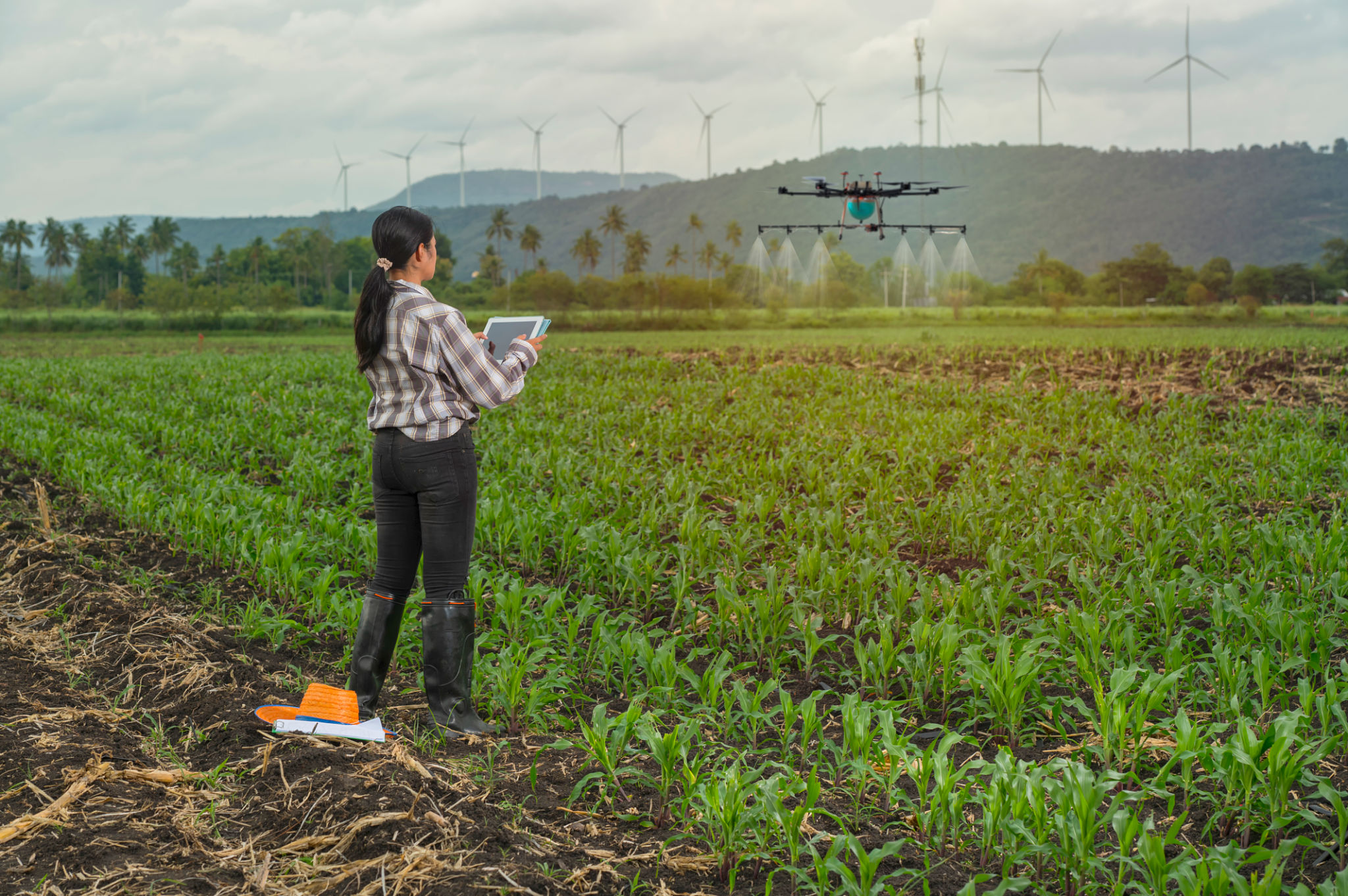The Role of Agronomic Support in Boosting Crop Yields
Understanding Agronomic Support
Agronomic support plays a critical role in modern agriculture, providing farmers with the tools and knowledge they need to maximize crop yields. By leveraging advanced techniques and technologies, agronomists help ensure that crops are healthy, resilient, and productive. This support is essential for meeting the growing food demands of the global population.

Agronomic support encompasses a wide range of services, from soil analysis and crop monitoring to pest management and irrigation strategies. By working closely with farmers, agronomists tailor their recommendations to the specific needs of each farm, taking into account local environmental conditions and crop varieties.
The Importance of Soil Health
One of the key components of agronomic support is maintaining and improving soil health. Healthy soil is the foundation of productive agriculture, providing plants with the nutrients they need to grow. Agronomists conduct detailed soil analyses to assess nutrient levels, pH balance, and organic matter content, offering tailored recommendations to enhance soil fertility.

Improving soil health often involves practices such as crop rotation, cover cropping, and the application of organic amendments. By adopting these practices, farmers can boost soil fertility, reduce erosion, and increase water retention, all of which contribute to higher crop yields.
Precision Agriculture and Technology
Technological advancements have revolutionized agronomic support, enabling precision agriculture techniques that optimize resource use and crop management. Tools such as GPS-guided equipment, drones, and sensors allow for precise monitoring and management of fields, leading to more efficient farming practices.

By using data-driven insights, farmers can make informed decisions about planting, fertilization, and pest control. This not only enhances crop yields but also reduces waste and minimizes the environmental impact of agriculture. Agronomists play a crucial role in helping farmers implement these technologies effectively.
Pest and Disease Management
Pest and disease management is another critical area where agronomic support makes a significant impact. By identifying potential threats early and recommending targeted interventions, agronomists help farmers protect their crops from damage. Integrated pest management (IPM) strategies are often employed, combining biological, cultural, and chemical controls to manage pest populations sustainably.
Effective pest and disease management not only boosts crop yields but also reduces reliance on chemical pesticides, promoting a healthier ecosystem and safer food supply.
Water Management Strategies
Water is a vital resource for agriculture, and efficient water management is essential for maximizing crop yields. Agronomists assist farmers in developing irrigation strategies that optimize water use, ensuring that crops receive the right amount of moisture without wasting resources.

Techniques such as drip irrigation and rainwater harvesting are often recommended to enhance water efficiency. By implementing these strategies, farmers can improve crop productivity while conserving water, an increasingly important consideration in the face of climate change and water scarcity.
